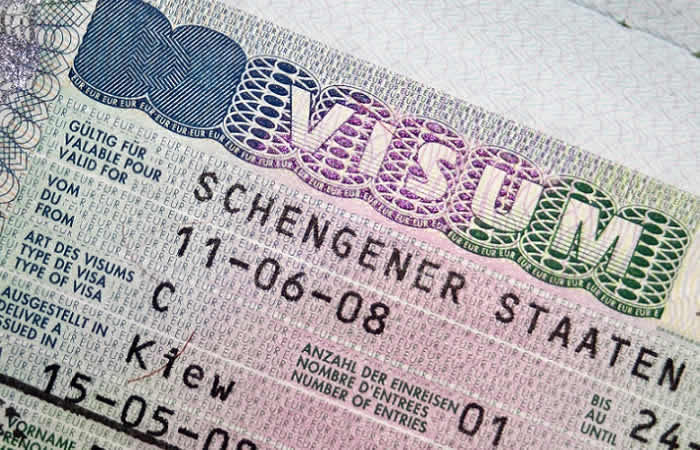
Nearly half of Nigerians who applied for Schengen visas in the past two years were denied entry into Europe, according to data obtained by newsmen.
Between 2022 and 2023, a total of 192,741 visa applications were submitted by Nigerian passport holders, but 89,344 were rejected, representing a 46.35% denial rate. Official figures from the European Commission and the Henley Global Mobility Report rank Nigeria 11th among the top 20 countries with the highest visa rejections for Schengen destinations.
In 2022, 86,815 applications were filed, with 46,404 rejections. The following year, 105,926 Nigerians applied, with 42,940 denials.
Despite a gradual increase in Schengen visas granted to Nigerian travelers, the rejection rate has continued to rise. The Schengen visa, which allows short-term travel across 27 European countries, requires applicants to provide proof of sufficient funds, travel insurance, and a detailed itinerary, among other requirements.
Experts believe Nigeria’s struggling economy has fueled a surge in applications as more citizens seek to relocate abroad, commonly referred to as the Japa phenomenon. Nigeria’s inflation rate soared to 34.80% in December 2024, and experts predict it will remain around 32% in the first quarter of 2025.
Henley’s report indicates that six of the ten countries with the highest Schengen visa rejection rates are in Africa. The Comoros topped the list with a 61.3% rejection rate, followed by Guinea-Bissau (51%), Ghana (47.5%), Mali (46.1%), Sudan (42.3%), and Senegal (41.2%).
Three Asian nations—Pakistan (49.6%), Syria (46%), and Bangladesh (43.3%)—also ranked among the top ten. Despite being an EU member, Greece recorded the second-highest rejection rate at 56.4%.
Although African countries accounted for only 2.8% of global Schengen visa applications, their rejection rate was disproportionately high at 44.8%, with nearly half of the 277,792 African applicants being denied.
Professor Mehari Maru, a migration policy expert at the European University Institute, explained that African applicants face more rigorous scrutiny and documentation requirements compared to those from North America and Western Europe.
“Africans consistently experience higher rejection rates than their Asian and global counterparts. In 2023, despite submitting half as many applications as Asian applicants, Africans were twice as likely to be denied,” Maru stated.
The high rejection rate extends beyond West Africa, as Northern African countries such as Algeria, Morocco, and Egypt frequently top the list of Schengen visa denials.
Consular authorities often cite incomplete documentation, doubts about an applicant’s intent to return home, and previous immigration violations as key reasons for rejection.
Last December, Vice President Kashim Shettima disclosed that Nigeria repatriated approximately 10,000 of its citizens from Europe and America in 2024 due to migration-related offenses.
A former Nigerian Ambassador to Singapore, Ogbole Amedu-Ode, attributed the rising visa applications to the country’s economic downturn.
“The urge to leave the country is directly linked to the economy. Until there is a significant turnaround, the Japa trend is unlikely to slow down,” he said.
While the rejection rates are concerning, Amedu-Ode acknowledged that Nigerian visa approvals for Schengen countries have also increased, albeit alongside a rise in applications.
“The simultaneous increase in both approvals and rejections reflects the growing number of Nigerians seeking to travel to Europe,” he added.








